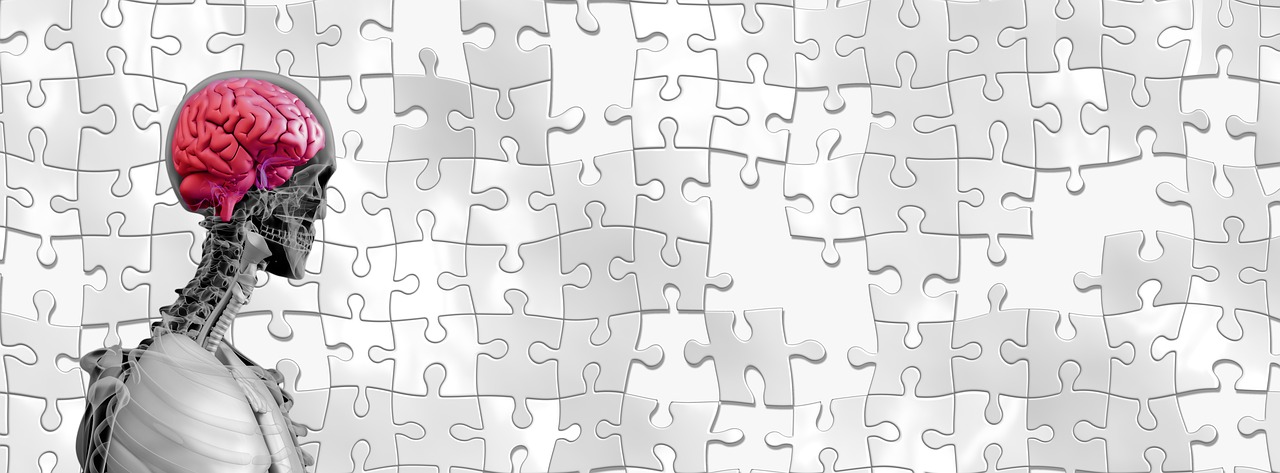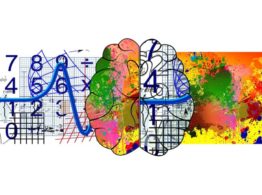gratitude
GRATITUDE EMBODIED – HOW TO LIVE REASONABLY AND WITHOUT ADDICTION
[
While it is true that gratitude is one of the simplest ways for a person to live happier, this is not the most important reason for somebody to be grateful. It is a lost tradition for the majority of the population, primarily because the most important reason is not easily conveyed, as only won through hardships. The utility of gratitude is historically only taught individually by the few who attain to it. It is unappealing to groups and difficult to teach systematically. Sometimes gratitude is described as a virtue, Cicero does this for instance. However, gratitude is an emotion, regardless how much a part it plays in the perspective shifting toward reason, and thereby virtues. Cicero was right in identifying it as important to virtues, however.
EMOTIONALITY OVER THE MATERIAL
Most self-help books on the subject are heavy on the emotional saccharine, largely for marketing purposes. Surely not all strategies suggested in them are bad but most tend to focus upon gratitude for materiality and the extrinsic rewards thereof. It is completely true that gratitude is good for building community but this too is merely accessory. Gratitude for material can never be as genuine as gratitude in spirit, as defined by reason.

“Nothing is more honourable than a grateful heart.” – Seneca
“Do not spoil what you have by desiring what you have not; remember that what you now have was once among the things you only hoped for.” – Epicurus
“Residence in gratitude emboldens the universal hopes, and generates the means of achieving them. This gratitude therefore cannot be the same thing as complacency, nor is it related to so-called ‘radical acceptance.'”
REASON
Gratitude is so important because of its effects upon the mind, and this is the ultimate reason to exhibit it. Gratitude is a mental setting that rejoices in the reality of self amid circumstance. Any benefits to family, community, and the self come mostly from the resultant mental development. Residence in gratitude emboldens the universal hopes, and generates the means of achieving them. This gratitude therefore cannot be the same thing as complacency, nor is it related to so-called “radical acceptance.” At the same time, it is the opposite from what has come to be the usual Western setting of mind, a certain hyper-criticality.

HYPER-CRITICALITY AND ADDICTION
Hyper-criticality may be the most easily propagandised mental state, because it exerts an eternal negativity that appears intellectual in its self-fulfilment. Once a person has been so adjusted, all subsequent marketing is oriented to advantage: if all is considered bad then anything somewhat pleasant is relatively very good. Thence all lapses into the mundane. This type of marketing naturally feeds into addiction because of the underlying ungrateful spirit minimising pleasures, and maximising pursuit. In this state, novel or increasing physical pleasures becomes a required escape. This is often described as “chasing the high.” The favourite drug then is not simply pleasant distraction as it was at first, but becomes necessity.

AMNESIS
It is far too simple to forget the actual self in this nexus of negativity and craving. This is especially true when a person is surrounded by distractions designed to disassociate the self, such as various forms of electronic media for entertainment. These things not only alienate a person from self but consequently things they care about as well, which is to say their responsibilities. Alienation limits capacity for gratitude. Escape is a means of forgetting, amnesis. It is always temporary but the damage can be lasting where it squanders opportunities for improvement.

AUTHENTIC GRATITUDE
True gratitude is at want for very little, because it is, in fact, fullness. Gratitude is anti-addiction because its persistence demands the person minimise reactions and effects. It is the practice of remembrance and responsibilities. This means it primarily recognises care and intellect, which is to say ordered affections. Gratitude, then, is re-remembrance of affections for the good of the self. Perseverance naturally follows. This replicated remembrance is a plan for future responsibility.

BROADER APPRECIATION
This is similar to Buddhist mindfulness, except that it is an orientation of general action and reaction in active appreciation of community instead of simply non-judgement. How the day may unfold is determined greatly by the little deeds and the little appreciations. The problem in materiality is not the material itself, which can be loosely tied to spiritually gratifying experiences without harm. Potentially spiritually gratifying experiences, however, can be corrupted by shifting focus. That corruption is any removal from spirit and move toward obsession with materiality. The material or spiritual meanings are always determined by the appreciation, or focus. The material matters, but only insofar as it can support the spirit.
SLOW DOWN
To embody gratitude, first actions and reactions are slowed down. The purpose in this is staging yourself for reprogramming interactions. Not responding so quickly to stimulation gives time for the self to consider future interactions, as well as demonstrate that consideration to the other person. This also gives the other person time. Responding immediately often demonstrates a lack of consideration, or even doubt and apathy. Gratitude in relationships has directly to do with the patience necessary to respond appropriately, with benefit (Roe 2023).
EFFICIENCY
Dedication to productivity often increases tensions. Productivity is great but the REASON for whatever labour must be kept firmly in mind. Righteous labours are engaged for improvement, that is the purpose. This improvement is based in responsibility, for the sake of self, family, and community. This is done to make those moments with our family better. This is true of improvements to the self and community as well. Take time and slow down before responding so they can actually be better. If something is worthy of improvement, it is worthy of time and appreciation.
“Gratitude, then, is re-remembrance of affections for the good of the self.”
- Hyper-criticality minimises pleasures.
- Amnesis of self results from negativity and craving.
- Gratitude is fulness and anti-addiction.
- Slowing down allows for careful reprogramming of reactions.
“Giving up on materiality frees the spirit to follow higher reason, and gratitude is essential to that transformation.”

TOWARD REASON
Gratitude weighs heaviest after full realisation in value of moments that reveal or affirm the truth, especially many of the burdens experienced. These are the things that draw a person toward reason. In logical valuation of erosic activities, all things necessarily funnel toward reason, that arbiter of truth. Every experience has an element of truth providing a spark to reason. Overlooking experience undermines spiritual development. Pain, anguish, and scars often memorialise lessons that correct a path, as always toward reason. Self-correction, then, is the gratitude of highest reason.
SUMMARY
People seek unhealthy escape because it feels like freedom, but all that it does is damage the capacity for gratification itself (Volkow 2010). Similarly, a person is free to imagine anything but a wise adult limits imagination to contexts of either what is achievable and within reason or allegorically valuable. Such reality-focused fantasies and achievements are most spiritually gratifying. All things are permitted for the spirit so harnessed because it does not need permission, and, if grounded in reality, it cannot seek but for anything except its true nature. Giving up on materiality frees the spirit to follow higher reason, and gratitude is essential to that transformation.
REFERENCES
Roe, M. A. (2023). Resurrexit Spiritus series. 24K Journal of Virtues Science. Series 1 Issue 0. Resurrexit Spiritus: Spiritual Phenomenology, Evolution of Spirit, First Other Theory of Fatherhood Attachment, and Structural Virtues System
Volkow, N. D., Wang, G.-J., Fowler, J. S., Tomasi, D., Telang, F., & Baler, R. (2010). Addiction: Decreased reward sensitivity and increased expectation sensitivity conspire to overwhelm the brain’s control circuit. BioEssays : News and Reviews in Molecular, Cellular and Developmental Biology, 32(9), 748–755. https://doi.org/10.1002/bies.201000042